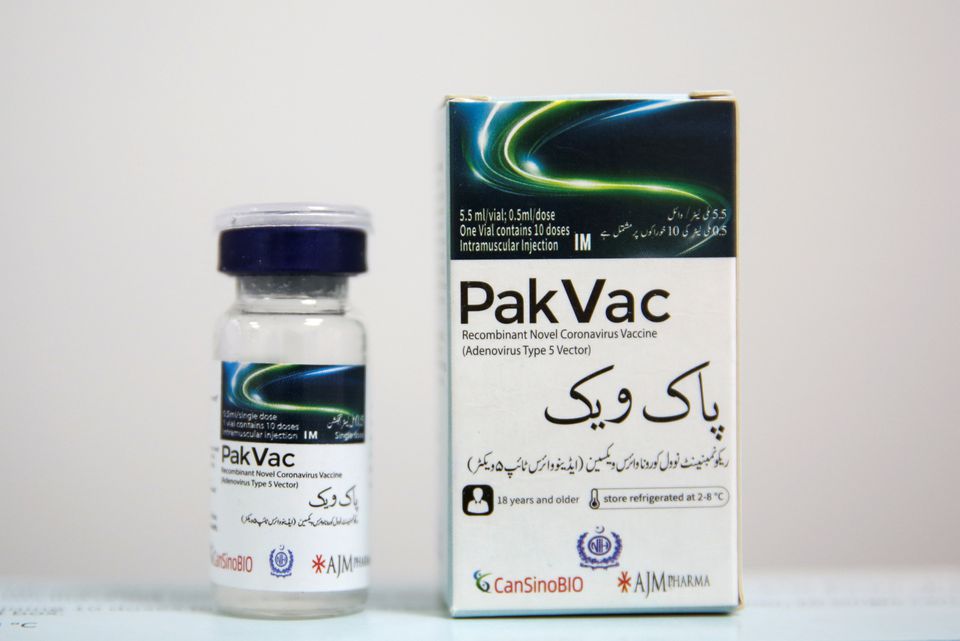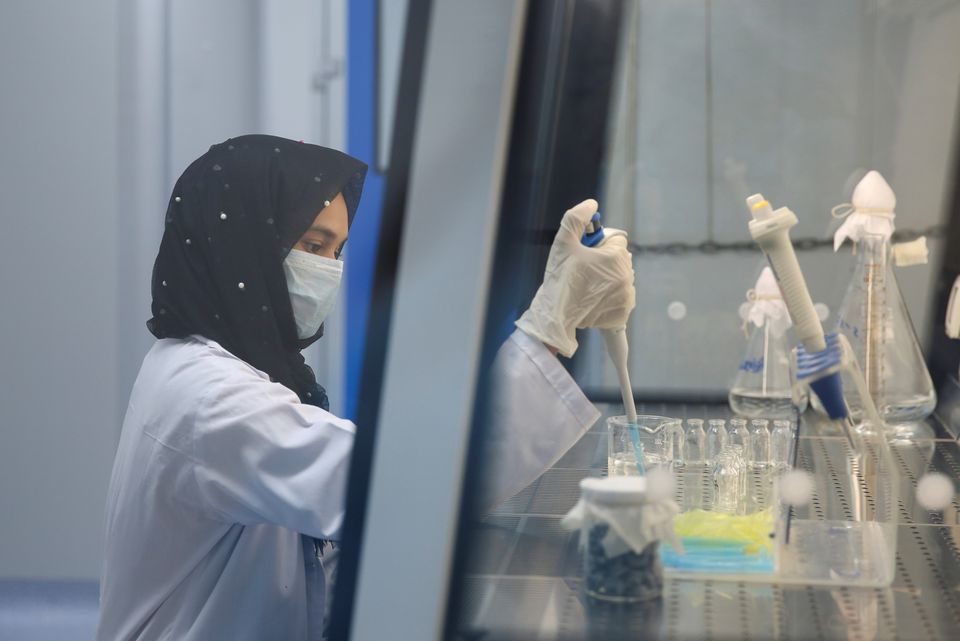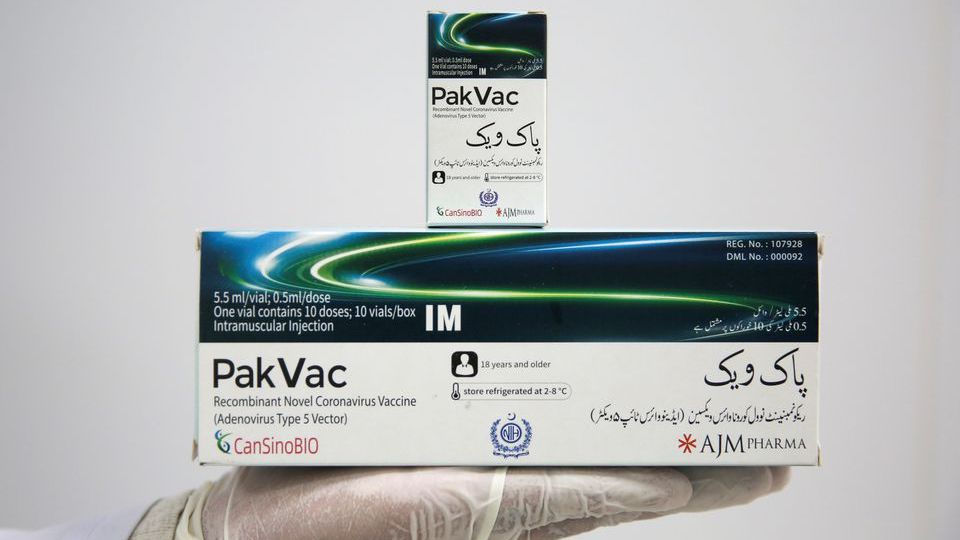September 19, 2022
ISLAMABAD – The government is set to launch a campaign to vaccinate children in the age group of five to 11 years against Covid-19 from Sep 19 (Monday) to Sept 24, the National Institute of Health (NIH) said on Sunday.
Federal Health Minister Qadir Patel had in June announced that the government will begin vaccinating children between the ages of five and 11 against coronavirus “within a month or two” as he called for a return to Covid precautionary measures.
Covid cases in Pakistan, the minister had noted, increased in the last few days. “The situation is not worrisome [yet] but it requires the public to be cautious.”
Govt of Pakistan is launching a campaign to vaccinate children aged 5-11 years against COVID-19 from September 19, 2022 pic.twitter.com/wvwFy96inf
— NIH Pakistan (@NIH_Pakistan) September 17, 2022
Meanwhile, the decision to vaccinate children against coronavirus in Sindh was formally announced last month after a meeting of the provincial steering committee on Covid-19 vaccines headed by provincial Health Minister Dr Azra Pechuho.
A statement issued after the meeting had said that Covid morbidity and mortality in the 5-11 year demographic had been identified in eight high prevalence districts, monitored from March 2020 to August 2022.
It had pointed out that to cover 70 per cent children in these high prevalence districts, 3.4 million doses Covid vaccines would be administered in phases. The first million doses will be administered in Karachi.
“These districts are namely Karachi Central, East, Korangi, Malir, Karachi South, West, Kemari and Hyderabad,” the statement had said.
“Technical assistants at sites of the vaccine administration will record the name, age, gender, Form-B ID of the inoculated child, as well as the CNIC and contact number of the parent/guardian accompanying the child.”

A vial and a pack of PakVac coronavirus disease (COVID-19) vaccine, which is being produced locally, is seen at the National Institute of Health (NIH) in Islamabad, Pakistan June 3, 2021. Picture taken June 3, 2021.

Ayesha Shehzadi, a lab technician, carries out testing procedure for the PakVac coronavirus disease (COVID-19) vaccine, which is being produced locally, at the National Institute of Health (NIH) in Islamabad, Pakistan June

A general view of the lab where PakVac coronavirus disease (COVID-19) vaccine is being produced locally, at the National Institute of Health (NIH) in Islamabad, Pakistan June 3, 2021. Picture taken June 3, 2021.

Dr. Omar Saeed, the project coordinator who was part of phase 3 trials of the PakVac coronavirus disease (COVID-19) vaccine, which is being produced locally, stands at the premises of the National Institute of Health (NIH) in Islamabad, Pakistan June 3, 2021. Picture taken June 3, 2021. REUTERS/Saiyna Bashir


